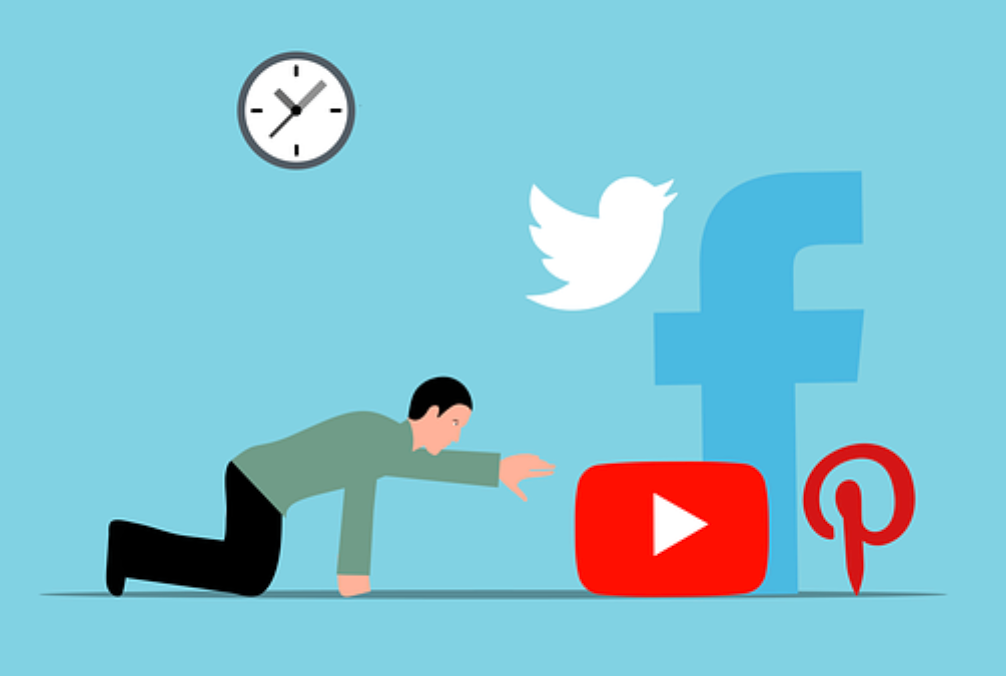
Veronica Ruoff
Contributing Writer
Mental health has been rising in our country, not only to promote people seeking help and addressing the issues they are facing, but also cases of issues are rising. According to the National Institutes of Health, 60 million adults have a mental illness. Nearly 5 million children also have a mental illness.
With these numbers on the rise, there has to be a common denominator that is sparking this uprising.
Social media has many positive aspects, like connecting with people, seeing the world, and learning new things. However, there are also downfalls we need to think about or see on the surface of social media.
Its popularity is skyrocketing and becoming something to use and do every day, affecting us and our environment. We, as users, have let social media become a daily activity in our lives.
We use it for just about everything, communicating with people, finding the latest news, letting people know what we are up to, finding relationships, and much more.
With all the good from social media, we can create the bad. Social media allows comparisons and thoughts we would only usually have with scrolling through our feeds. Children need better communication skills, lose self-confidence, and compare themselves to people they view online. All of which can lead to mental issues.
Mental Health, Quality of Life, Wellbeing, Loneliness, and Use of Social Media in a Time of Social Distancing during the COVID-19 Outbreak article explains, how these problems are taking control of us after the pandemic.
It connects social media usage and mental health during the pandemic, explaining how people substituted in-person time with people to communicate through media. This article describes how Covid-19 affected people’s mental health and how they saw poor mental health among people using social media from different countries.
This was a cross-country comparative study about mental health, quality of life, well-being, and loneliness. It explains that these symptoms were accosted with a high frequency of social media.
Social media gives us ideas and changes our thoughts. It provides new things we did not know were even out there, giving us connections with people we would not usually have in our day-to-day lives. This can be seen as a plus to our lives, but it also leaves the question of whether it is supposed to happen this way.
In our society, we have to think about how to stop and not have future generations face the problems we are facing now. How can we change this? Mental health is a huge issue in our society that has become something people can be open about.
Men, women, and others can now just speak about issues without being judged and considered weak. We need to take this seriously, as neither social media nor mental health is going away anytime soon.
We must learn how to find a healthy relationship between social media and mental health.
Mental health in any form can change and hurt your life. Anxiety has become more common over the years, and social media has a connection. We should not forget the power of social media.
Email Veronica at: vruoff@live.esu.edu

